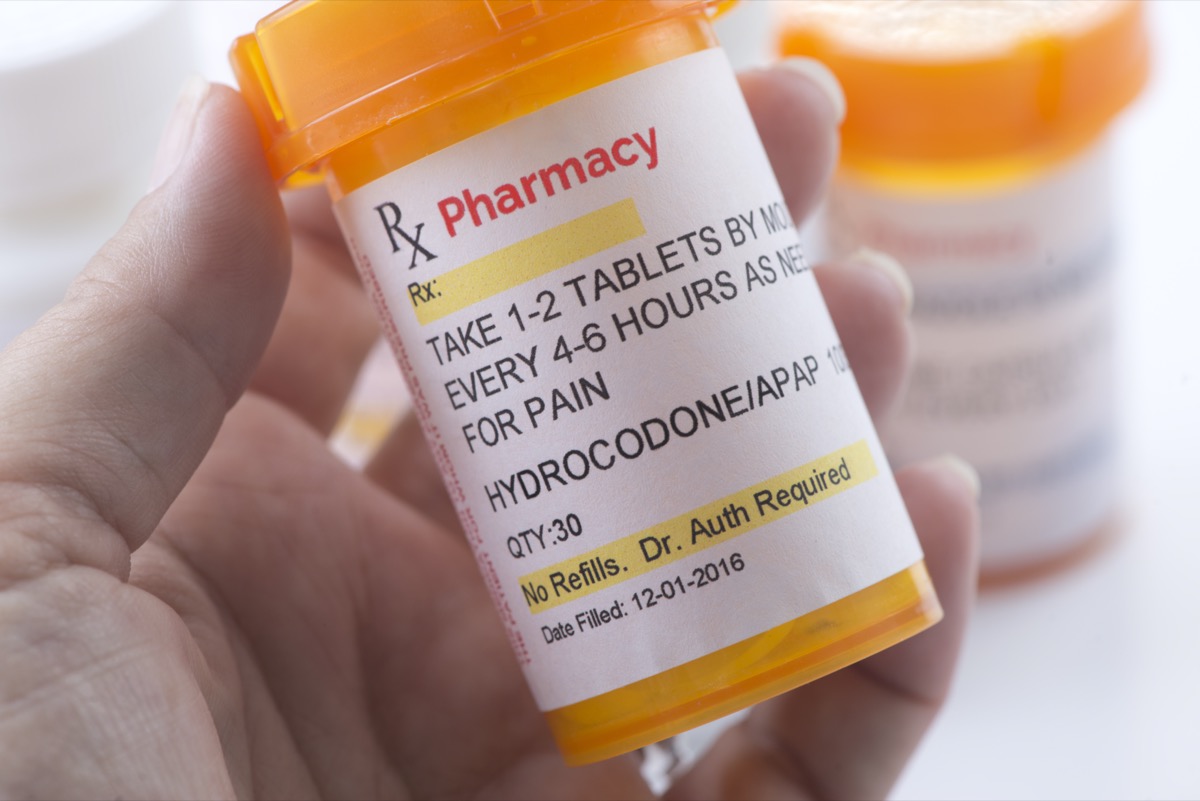How Opioids Cause Constipation
Constipation is a normal side effect of many medications, but opioid-induced constipation happens as a result of using opioid-based pain relievers. People who use such medications are often suffering from cancer, fibromyalgia, back and joint pain, degenerative joint disease and other conditions that cause chronic pain.

Typical opioid medications include the following:
• Kadian
• Percodan
• Demerol
• Avinza
• Oxycontin
• Lomotil
• Vicodin
• Percocet
As mentioned earlier, opioids affect the central nervous system (CNS) by blocking receptors throughout the brain and spine. Sometimes, opioids also block MOR receptors located in the digestive tract. When this happens, the involuntary movements within the body that help push digested stomach contents through the intestines will be slowed down. This makes digestion take longer, resulting in constipation.
Not only is constipation, or the inability to defecate, an uncomfortable condition, it can also lead to other complications, such as:
• Torn anus tissue
• Hemorrhoids, or swollen blood vessels, within the anus
• Rectal prolapse, where the end of the intestines protrudes through the anal orifice.
Opioids may also cause nausea, drowsiness, and a depressed respiratory system. If you are concerned about taking this kind of medication, be sure to discuss your worries with a medical professional.
More from Things Health
-
6 Things to Know About a Low FODMAP Diet
If you or someone you know suffers from Irritable Bowel Syndrome (IBS), you are likely familiar with the digestion problems that come with it including…
-
Treat Constipation At Home With These Common Foods
Constipation is a condition where there is difficulty in emptying the bowels, in most cases, due to hardened feces. In most cases, constipation is related…
-
13 Tips to Having a Great Run
Even if you’ve been running for years, you’ll still have days where your pace is off, your speed is much slower than your personal best,…
-
How To Heal A Diabetic Sore
Diabetic sores need appropriate treatment and are serious. They are able to lead to ulcers as well as amputation. In case you are in possession…
-
11 Dangers of a Ketogenic Diet
If you are familiar with the world of nutrition at all, chances are that you have likely heard of the ketogenic diet (also known as…






